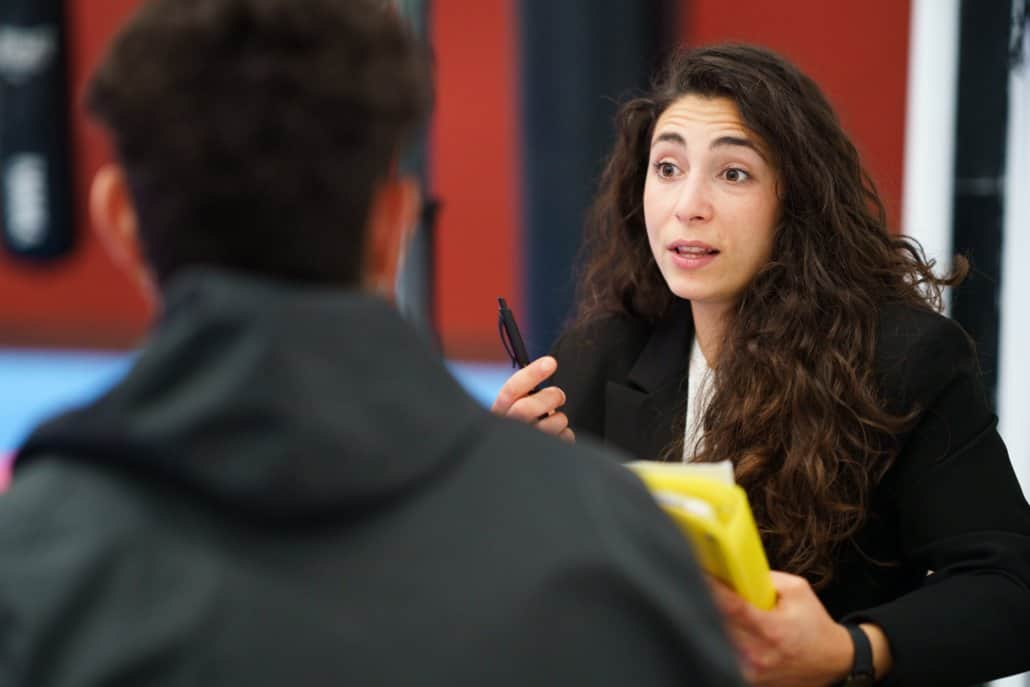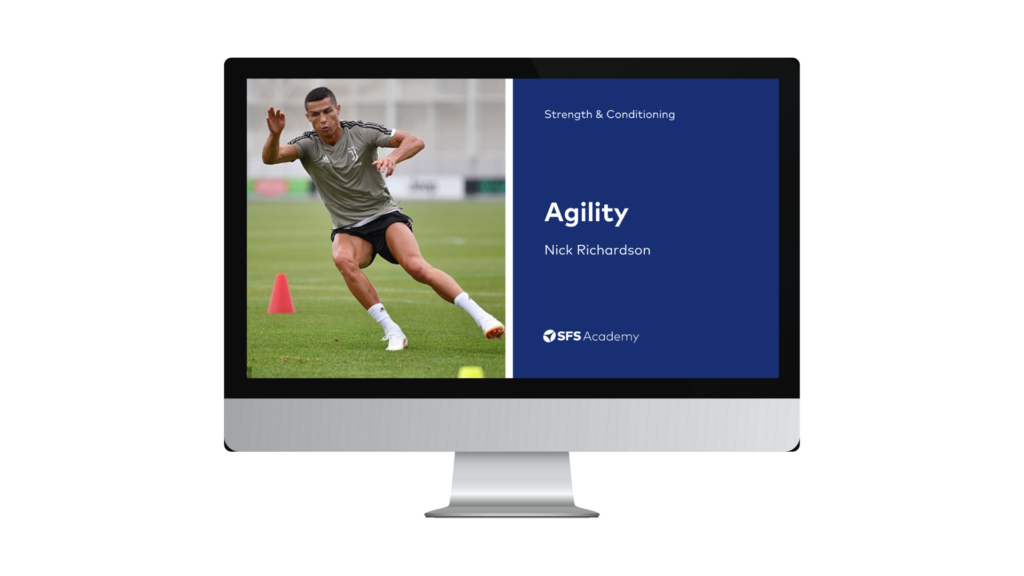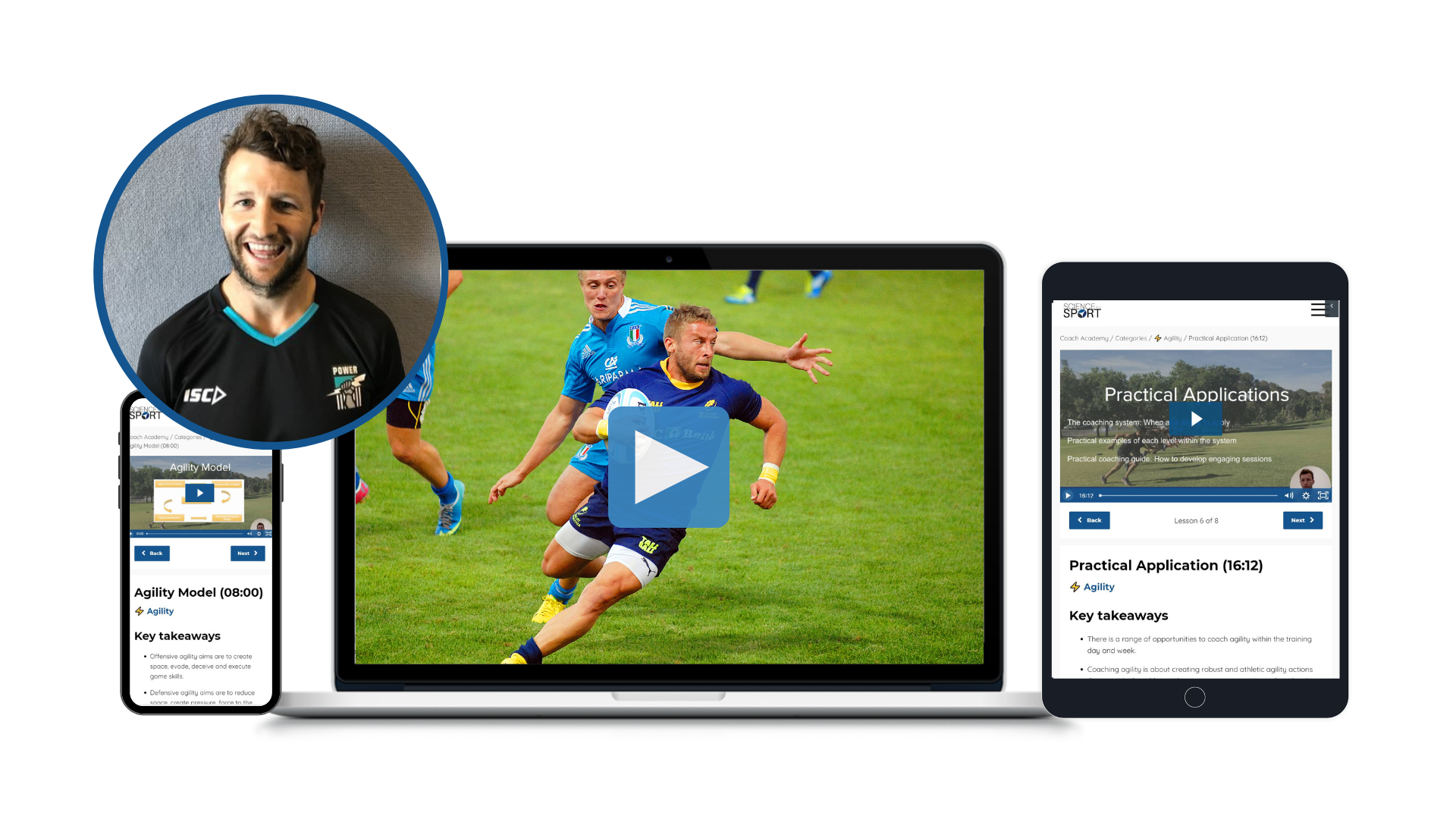Contents
- Introduction
- What’s the difference between elite and sub-elite athletes?
- What is sport psychology?
- How does sport psychology work?
- Mental skills that sub-elite athletes can work on
- Conclusion
Introduction
There is a big misconception when it comes to who could benefit from sport psychology – many believe it’s only elite athletes, striving to get that extra edge on their opponents, who will use a sport psychologist. But that assumption is well wide of the mark.
While sport psychology is becoming somewhat better known in the sporting world, there is still a lot of stigma around who can benefit from it [1].
At the sub-elite level of sport (more on that later), often coaches will try to play both roles (coach and sport psychologist) but this approach often doesn’t get the best out of the athlete. I am a strong believer in sticking with what you are good at. Yes, of course, a good coach can motivate athletes and apply mental skill tools like building confidence and goal setting, as well as dealing with pressure. Many coaches who were previously athletes or who have coached for a long time can share their personal experiences and what they’ve learnt from them. This definitely helps the athlete relate to what the coach wants for them when they train/compete [2].
But in my experience as a mental performance coach, athletes tend to do better when they can separate their training with a sports coach and their sessions with a mental coach. An issue could stem from the athlete not having a good relationship with the coach, and occasionally athletes have a fear of opening up to their coaches about certain things in fear of being judged or even dropped from a team. A sport psychologist or mental performance coach can help the athlete work through some of these barriers so they can train with an open mind and focus on doing their best, and not necessarily fearing the coach or even fearing failure [3].
Therefore, a sport psychologist or mental skills coach can play a crucial role in athlete development [4].
What’s the difference between elite and sub-elite athletes?
Before we dive into the world of sport psychology for sub-elite athletes, we should first define what a sub-elite athlete actually is.
There is no clear definition but many would say an elite-level athlete is one who either represents their country at the highest level or who has reached the highest level they can in their chosen sport. Therefore sub-elite level athletes, in my opinion, can be those who want to become elite but are not quite there yet, or their main goal is to compete at a decent level but not necessarily the highest level in sport. Sub-elite athletes might also not be able to dedicate all of their time to their sport [5].
What is sport psychology?
According to the American Psychological Association, sport psychology uses the same skills as ‘regular’ psychology, to improve an athlete’s performance and skills by working on the mental side. It focuses on the wellbeing of athletes, how they perform in social settings and how they develop as a person in their sport [6].
A sport psychologist uses specific skills and tools to help the athlete improve in sport and life. These tools can be tailored to the athlete and the sport and utilised individually or in a team setting. Some sport psychologists will address athletes in a warm-up room before events, or in a one-on-one setting to work on an athlete’s personal needs and goals [7].
In recent years, sport psychology has become a bit more popular due to many athletes feeling more comfortable discussing and dealing with mental health issues. Athletes must have a safe space to open up about specific topics, things that are holding them back, or mental blocks they might be dealing with [8]. Not all sports coaches are equipped to help athletes in this way – I recommend every coach have a mental skills coach they can refer their athletes to when they need extra help.
How does sport psychology work?
Most people will agree on the importance of being mentally prepared for sport. Not everyone is born confident or equipped to deal with challenging situations on the fly, but the great thing with mental skills is that you can train them, just like how you train your physical skills.
Making these positive mindset changes takes time, patience, and consistency, and mindset training can be done and learned by any level of athlete, including youths and master-level competitors [9].
Depending on your goal or what the athlete/coach wants to achieve, sport psychology takes place between an athlete or team and their mindset coach/sport psychologist [10].
Let me give you some examples. Over the years as a mindset coach, I have helped so many athletes who had hit a plateau, or struggled to achieve a specific goal or felt they had reached their limit in their sport. We would, for example, work on focusing on something else like technique instead of outcome, and all of a sudden they felt more motivated and automatically worked themselves out of their rut by just changing their mindset and what they were focusing on [11].
I have also worked with athletes who would freeze on the big stage or when they had to play a match away from home [12]. Athletes sometimes have a tendency to focus on the uncontrollable aspects like the weather or a hostile environment, which can lead them down a path of self-destruction and negativity. By shifting their focus on the things they can control, it adds so much value and enhances their self-confidence, knowing their focus is not wasted on things they cannot control but rather what they can [13].
Anxiety is another area that seems to be affecting more and more athletes – or perhaps more are simply becoming comfortable discussing their mental health issues [14]. But there’s no doubt anxiety can be debilitating for athletes, and those who do struggle with it can certainly benefit from using mental skills training with a sport psychologist to overcome and deal with their stress. Sometimes it can be as simple as working on breathing techniques before attempting a lift, starting a race or stepping onto the field. Mental skill techniques like pre-game routines, visualisation and meditation can all contribute to lowering anxiety. We’ll discuss many of those shortly.
The skills you learn can also be implemented in your life outside of sport but it’s important to remember that change takes time and you won’t just miraculously, after one session with a sport psychologist, become better. You need to keep working on these skills until they become automatic.

Mental skills that sub-elite athletes can work on
Goal setting
Goal setting is probably one of the most popular yet under-utilised mental skills that can help athletes work towards a specific target with an action plan in mind [15].
A lot of people know about goal setting but very few know how to properly use it to their advantage. Let’s dive into how goal setting can help not just elite level competitors, but intermediate and beginner athletes as well. Anyone can use goal setting to track their progress and develop extra motivation to help them achieve something special or important.
As an athlete, goal setting has helped me stay focused and motivated when things get tough, as well as measuring my progress. When you work towards something, it’s always important to see if you are moving in the right direction; if you are not, it’s a great way to reassess and make some changes to ensure you are on track.[16]
If you are not achieving your small goals, or not changing your daily habits to suit your goal, you will be able to track your progress and see that you might not be on target and have to change a few things.
Goal setting can also help make us feel like we have a purpose. You aren’t just repeating something mindlessly – you are doing whatever you are doing with intent.
The beauty of goal setting is you do not always need to set massive 10-year goals; you can also set smaller, weekly, or daily goals. Some people enjoy the process of working towards something big or small. As long as they can feel like there is an end goal in sight [17].
Let’s dive a little deeper into the power of short-term goals. Before I set a short-term goal, I almost always have a longer term goal in mind. For example, when I competed at the Commonwealth Games in 2018, my goal was to break all the South African records and be on the podium as a medalist. I knew the weights I had to lift would be ~ 90 kg in the snatch and ~ 115 kg in the clean and jerk as a minimum.
Now to get to that point, I had to break this big goal down into firstly a 6-month goal, a 3-month goal, monthly goals and after that weekly goals to be even more in-tune with what I need to do in order to achieve my big goal.
My 6-month goal included being able to prepare in South Africa with my team, as I was living in America at the time and wanted to make sure I gave myself the best possible chance by training with a team that was also preparing for the Games and who would motivate me daily to give my very best. I had a specific date in mind and a flight booked to make that plan concrete.
Now, coming to my monthly and weekly training and recovery goals. I knew exactly what weights I had to hit by when to stay on track with my big goal. I also made sure I was at all my training sessions, giving my very best. With regards to my recovery, I counted my nutritional macros knowing exactly what I needed to eat daily and weekly to make my weight category and stay fueled for my heavy training [19]. I also made sure to add into my weekly goal to see a massage therapist at least once a week to help work out the kinks in my body, so I could feel recovered going into each training session.
That was a very specific goal I had, and you don’t always have to go to that extent. But having at least some sort of goal and an action plan can drastically increase your motivation to train or work towards something you want to achieve.
Final pro tip – telling people about your goals makes it also seem more permanent and can be a great way to keep you accountable. Goal setting is a great way to keep you motivated and driven to work towards something great [20].
Self-talk
The inner voice you hear can either build you up or break you down. This inner voice can be extremely powerful if used positively; however, this is also a potent tool if misused. That is why it is vital to replace negative self-talk with positive self-talk [21]. This will only happen if we are consciously aware of the voice in our heads.
Self-talk can also be words or affirmations we say to ourselves out loud. By repeating positive, goal-specific affirmations, the internal monologue will change over time. This is a great way to remind ourselves of specific cues that help build our confidence as well as help performance [22].
Sub-elite-level athletes can use this tool to drive their performance. Targeted self-talk interventions can help sub-elite athletes improve performance and psychological state by reducing competitive anxiety and increasing volitional skills, and self-efficacy [23].
Dealing with anxiety
Any level of athlete can struggle with anxiety – it can prevent them from achieving their goals, can come at any time and significantly affect performance. Make no mistake, athletes don’t have to compete at the very top level to suffer from anxiety. Some people might want to play sports, but social settings increase their anxiety, making it challenging to put themselves out there [14].
The good news is there are ways to combat anxiety without medication. I advise athletes to see a professional if these tools do not help.
A sub-elite athlete might get extremely nervous when asked to perform a skill they have never performed before. They may also get nervous when asked to lead a team or even play a friendly match. There are so many ways athletes’ anxiousness can get stimulated. The most important part is to realise what triggers the anxiety and work on something to help combat that feeling [24].
For example, breathing is a great way to deal with anxiety; breathing techniques have been proven to help decrease your heart rate and help you feel less nervous or anxious [25]. I have personally used breathing techniques when I would compete on the international stage as an Olympic weightlifter. Every so often I would feel like I am either over-aroused when I compete or under-aroused which would lead me to feel extremely anxious and my heart would feel like it’s beating out of my chest. The easiest and simplest technique I made use of, which took some time to perfect, was some breathing exercises I would do just before stepping on stage to perform a big lift.
Some athletes might listen to music before their events to help calm them down [26]. If a high-intensity warm-up causes you to feel more nervous than you should, I recommend doing a lower-intensity warm-up to help you feel calm and grounded.
Visualisation
Should sub-elite level athletes visualise? I believe anyone who wants to achieve something great in their lives needs to use this skill. You do not just have to visualise yourself winning an Olympic gold medal, you can simply visualise yourself going to training three times a week or seeing yourself mentally having fun and learning a new skill [27].
Visualisation, often called imagery, is when you see yourself performing a skill or achieving something in your mind. Many psychologists believe your brain does not know the difference between reality and imagination hence why this is such a powerful tool when used correctly.
You do not need to spend hours visualising a day. I would, however, recommend finding a few days in the week where you can have some quiet time and use all of your senses (taste, smell, touch, hearing, and sight) when performing this skill. There is no ‘best time’ to visualise – some people like visualising in the morning to build their confidence and motivation for the day, others will visualise just before a training session or even straight after to reflect on their training and what they would like to work on [28].
Find what works best for you, even if you spend just 3-5 minutes a day visualising. The more time you can spend doing it, the better the skill becomes. Just like you need to train your physical skills, you must train your mental skills.
Conclusion
Making use of the power of the mind can be an impactful tool for all athletes, not just those at the elite level – competitors of all ages and levels can benefit from sport psychology. There is always something to work on, even if it is just motivation or confidence. Identify what mental skills you need to work on and train them the same way you would train your physical skills.
I believe there is always room for improvement, and that’s the beauty of sport. We might not always want to achieve an outcome goal or win a medal, but we might seek to enjoy the process of working towards something. Working on becoming a better athlete and person in general can make a big difference in how you perform in sport or even as a leader in sport.
Starting off with the basic mental skills like goal setting, self-talk (affirmations) and visualisation can be a great start to understanding how you can utilise these skills to enhance your sporting performance.
- Mitić, P., Nedeljković, J., Bojanić, Ž., Franceško, M., Milovanović, I., Bianco, A., & Drid, P. (2021). Differences in the Psychological Profiles of Elite and Non-elite Athletes. Frontiers in psychology, 12, 635651. [Link]
- Simons, E. E., and Bird, M. D. (2022). ‘Coach-athlete relationship, social support, and sport-related psychological well-being in National Collegiate Athletic Association Division I student-athletes’. Journal for the Study of Sports and Athletes in Education, 17(3); 191–210. [Link]
- di Fronso, S., & Budnik-Przybylska, D. (2023). Special Issue: Sport Psychology Interventions for Athletes’ Performance and Well-Being. International journal of environmental research and public health, 20(4), 3712. [Link]
- Park, I., and Jeon, J. (2023). Psychological Skills Training for Athletes in Sports: Web of Science Bibliometric Analysis. Healthcare (Basel, Switzerland), 11(2), 259. [Link]
- Lorenz, D. S., Reiman, M. P., Lehecka, B. J., & Naylor, A. (2013). What performance characteristics determine elite versus nonelite athletes in the same sport?. Sports health, 5(6), 542–547. [Link]
- APA. (2022). ‘Sports Psychology’. American Psychological Association. [Link]
- GOV.UK (2023). ‘Sport and exercise psychologist’. National Careers Service. [Link]
- AASP. (2016). ‘Managing Emotions in Sport’. Association for Applied Sport Psychology. [Link]
- AASP. (2021). ‘Revisiting Growth Mindset as a Core Capacity of Sport Psychology’. Association for Applied Sport Psychology. [Link]
- Williamson, O., Swann, C., Bennett, K. J. M., Bird, M. D., Goddard, S. G., Schweickle, M. J., and Jackman, P. C. (2022) ‘The performance and psychological effects of goal setting in sport: A systematic review and meta-analysis’. International Review of Sport and Exercise Psychology, 1-29. [Link]
- Gee C. J. (2010). How does sport psychology actually improve athletic performance? A framework to facilitate athletes’ and coaches’ understanding. Behavior modification, 34(5), 386–402. [Link]
- Gould, D., & Udry, E. (1994). Psychological skills for enhancing performance: arousal regulation strategies. Medicine and science in sports and exercise, 26(4), 478–485. [Link]
- Wulf, G., and Lewthwaite, R. (2020). Chapter 31: Optimizing Attentional Focus. in Handbook of Sport Psychology. Fourth Edition. Ed. Tenenbaum, G., and Eklund, R. C. Wiley Online. [Link]
- Ford, J. L., Ildefonso, K., Jones, M. L., and Arvinen-Barrow, M. (2017) Sport-related anxiety: current insights, Open Access Journal of Sports Medicine, 8; 205-212. [Link]
- Bird, M. D., Swann, C., and Jackman, P. C. (2024). ‘The what, why, and how of goal setting: A review of the goal-setting process in applied sport psychology practice’. Journal of Applied Sport Psychology, 36(1); 75-97. [Link]
- Kingston, K., and Wilson, K. M. (2009). ‘The application of goal setting in sport’. Advances in applied sport psychology, 75-123. [Link]
- Monsma, E.V. (2007). ‘Goal setting for synchronized skaters and coaches: Self-determining what you can achieve’. Synchronized Skating Magazine, 10-13.
- Jeong, Y. H., Healy, L. C., and McEwan, D. (2023). ‘The application of Goal Setting Theory to goal setting interventions in sport: a systematic review’. International Review of Sport and Exercise Psychology, 16(1); 474-499. [Link]
- Eccles, D. W., Balk, Y., Gretton, T. W., and Harris, N. (2022). ‘The forgotten session: Advancing research and practice concerning the psychology of rest in athletes’. Journal of Applied Sport Psychology, 34(1); 3-24. [Link]
- Healy, L., Tincknell-Smith, A., and Ntoumanis, N. (2018). Goal Setting in Sport and Performance. In book: Oxford Encyclopedia of Psychology Publisher: Oxford University Press. [Link]
- Van Raalte, J. L., Vincent, A., and Brewer, B. W. (2017). ‘Self-talk interventions for athletes: A theoretically grounded approach’. Journal of Sport Psychology in Action, 8(3); 141-151. [Link]
- Hatzigeorgiadis, A., Galanis, E., Zourbanos, N., and Theodorakis, Y. (2014). ‘Self-talk and Competitive Sport Performance’. Journal of Applied Sport Psychology, 26(1), 82-95. [Link]
- Walter, N., Nikoleizig, L., and Alfermann, D. (2019). ‘Effects of Self-Talk Training on Competitive Anxiety, Self-Efficacy, Volitional Skills, and Performance: An Intervention Study with Junior Sub-Elite Athletes’. Sports (Basel, Switzerland), 7(6); 148. [Link]
- Ehrlenspiel, F., Mesagno, C. (2023). Anxiety in Sport. In: Schüler, J., Wegner, M., Plessner, H., Eklund, R.C. (eds) Sport and Exercise Psychology. Springer: Cham.
- Garza, L., and Ford, S. J. (2009). ‘Implementing a breathing technique to manage performance anxiety in softball’. The Sport Journal, 12(2). [Link]
- Ballmann C. G. (2021). ‘The Influence of Music Preference on Exercise Responses and Performance: A Review’. Journal of functional morphology and kinesiology, 6(2); 33. [Link]
- Murphy S. M. (1994). ‘Imagery interventions in sport’. Medicine and science in sports and exercise, 26(4), 486–494. [Link]
- Di Corrado, D., Guarnera, M., Guerrera, C. S., Maldonato, N. M., Di Nuovo, S., Castellano, S., and Coco, M. (2020). ‘Mental Imagery Skills in Competitive Young Athletes and Non-athletes’. Frontiers in psychology, 11, 633. [Link]
[optin-monster-shortcode id=”czosk0qsqzzsryj6gwot”]




